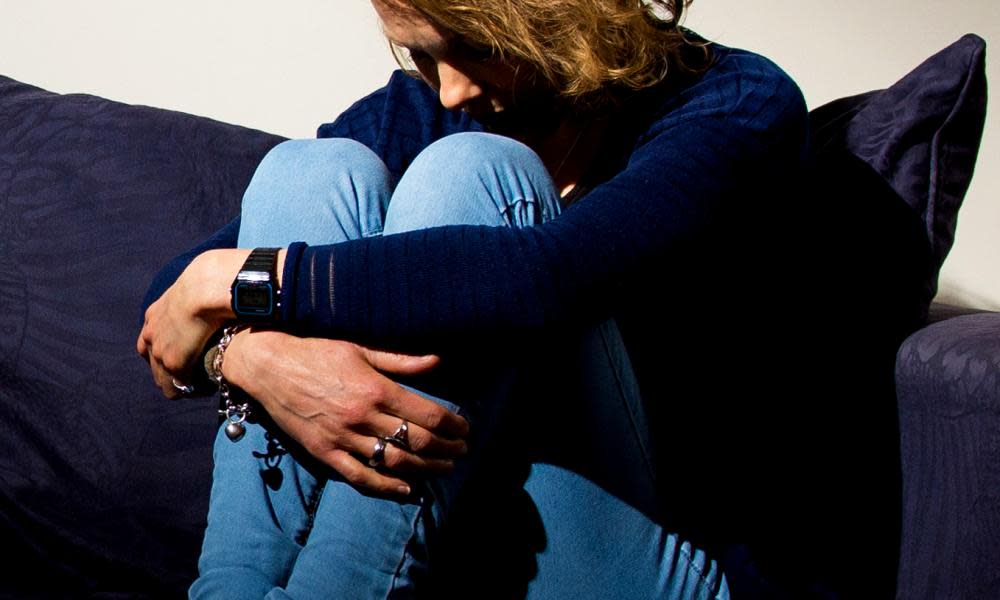Loneliness linked to major life setbacks for millennials, study says

Lonely millennials are more likely to have mental health problems, be out of work and feel pessimistic about their ability to succeed in life than their peers who feel connected to others, regardless of gender or wealth, research has revealed.
Loneliness should be taken seriously as a potential marker for other problems, the team behind the study say, though it is not clear whether loneliness is behind the other problems or instead caused by them.
“If somebody discloses to their friends or family, or a GP, that they feel lonely a lot of the time, that could be a warning sign that they are struggling in other areas of life,” said Dr Timothy Matthews, co-author of the study from King’s College London.
Discussion about loneliness has mostly focused on the elderly, but a recent study by the Office for National Statistics found that young people aged 16-24 felt lonely more often than any other age group of adults.
The health impacts of loneliness have also been under scrutiny – studies have shown that people who are lonely are 50% more likely to die before their time, with research suggesting loneliness is as dangerous to health as smoking 15 cigarettes a day and more hazardous than being obese.
The latest research, published in the journal Psychological Medicine, is based on a large-scale study known as the Environmental Risk Longitudinal Twin Study, which assessed same-sex twins, born in 1994-1995, at various stages of their life. The new research draws on surveys conducted when the participants reached 18 years of age, and involved 2,066 participants.
Participants were asked whether they often, sometimes or hardly ever experienced various aspects of loneliness as well as being quizzed on factors including their mental health, physical health, life satisfaction and relationship with technology. The researchers also looked back at the participants’ family environments and mental health, as well as other data collected in previous years.
“What we wanted to do was ... a study that gives a snapshot of the lives of young people in the UK who are suffering from loneliness,” said Matthews.
The results reveal that up to 7% of participants said they often had feelings of loneliness, with 23-31% of participants saying they experienced feeling left out, alone, isolated or lacking in companionship some of the time. The results held regardless of gender or socioeconomic status.
The researchers then pooled the responses to give an overall measure of loneliness. After taking into account gender and socioeconomic status, they found that for every two-point increase on an eight-point loneliness scale, the odds of experiencing depression, anxiety or attempting suicide all more than doubled, while the odds of being unemployed rose by 38% .
Among other findings loneliness was also linked to smoking, being less physically active, compulsive use of digital technology, having low qualifications and being less likely to talk about problems with others – although it was not related to job hunting efforts.
The team notes that the study has some limitations, including that all participants had at least one sibling, and that loneliness was only measured once for 18-year-olds. But, they add, the study suggests increasing contact between individuals might not be enough to tackle loneliness and that approaches should include addressing bullying, isolation and mental health in children, since these were found to be linked to greater loneliness at 18.
Anne Rogers, professor of health systems implementation at the University of Southampton, who was not involved in the study, said that while the research raises questions about whether lonely children go on to become lonely adults, it is important to consider that loneliness can also be down to social situations, such as the death of friends or health crises, or even belonging to a group that is marginalised.
“Whilst calls for early intervention might be one way of addressing [loneliness], we need to look at developing and evaluating interventions that might connect people to social opportunities and networks of support in everyday settings – ie doing something which makes a difference to loneliness,” she said.
Stephen Buckley of the mental health charity Mind added: “Feeling lonely isn’t in itself a mental health problem, but the two are strongly connected.
“Being sociable and connecting with other people is rewarding in its own right and can help significantly improve your mental wellbeing, especially if you’re not feeling so good.”
In the UK, Samaritans can be contacted on 116 123. In the US, the National Suicide Prevention Lifeline is 1-800-273-8255. In Australia, the crisis support service Lifeline is 13 11 14. Other international suicide helplines can be found at befrienders.org.

 Yahoo News
Yahoo News 
